Lady Sylvia is a gorgeous aristocrat whose hand is sought by the charming Dorante whom she has never met. To avoid the stiff formalities of courtship, Lady Sylvia swaps places with her maid and observes Dorante from the safety of pretended servitude. But instead of falling for Dorante, she becomes enamoured of his manservant. However, there’s another wrinkle coming in Marivaux’s classic comedy. Deronte’s manservant, unbeknown to Lady Sylvia, is actually Dorante himself, who has pulled an identical switcheroo with his valet. The story is so hopelessly contrived that its sheer artificiality becomes part of the joke.
This production of The Game of Love and Chance, directed by Jack Gamble, captures the fun-loving spirit of the original. With a sympathetic and delicate eye, it mocks the self-deluded posturings of young lovers as they engage in the art of seduction. What a treat to sit in a theatre and watch a troupe of actors who simply want to make everyone laugh. The action halted several times, mid-scene, while the audience burst into spontaneous applause. More theatres should offer this blend of escapist comedy and psychological revelation.
Lava is a biographical tale spoken by Ronke Adekoluejo and directed by Anthony Simpson-Pike. The author, Benedict Lombe, is a sensitive woman of Congolese descent who appears to be hopping mad about everything. Especially racism. Her difficulties start early. Her African parents are hard-working, adventurous professionals, (father a medic, mother a fashion entrepreneur), who give her a fabulously cosmopolitan childhood. This seems to have left her seething with resentment. She’s particularly harsh on her poor mum whom she characterises as a hobbling, wide-eyed halfwit with an obsessive interest in the misdeeds of President Mobutu.
While growing up, Lombe watches a lot of US soaps and she adopts an American accent which makes her seem exotic wherever she goes. This disturbs her. ‘You are different,’ says her South African school-teacher. But is that racism or just unfamiliarity? Her family relocate to southern Ireland where she looks with distaste at the red-haired freckle-faced natives as they admire her dark eyes and fondle her Afro without permission. That’s certainly rude but is it racist? These are kids, after all. Next she moves to Wigan and finally to London where she applies for a new British passport and receives a standard letter from the Home Office seeking clarification about her name which has been entered incorrectly on her form. Lombe has a meltdown. ‘TRIGGERED,’ she bawls. ‘They’re holding my passport hostage… It’s calculated, systemic and evil… like the very fabric of this country.’ This query from the Home Office seems to be the worst instance of ‘racism’ she has suffered first hand.
In fact she’s turning a dollar from borrowed woes. She’s certainly done her homework. She preaches enthusiastically about the Soweto uprising and the atrocities of the British Empire. She quotes Genesis to explain how white people blamed God for the slave trade. But her research is not distinguished by originality and her conclusions sound a tad overfamiliar. More significantly, her sermon is inconsistent with her conduct. She calls Britain ‘evil’ and ‘awash in blood’ but she chooses to live here rather than in South Africa, whose citizenship she also holds.
It’s not the history of Britain that’s lacking in virtue, it’s her nature. If she got a proper job, like her dad, and helped those less fortunate than herself she might overcome her synthetic fury and spare us her misanthropic witterings. Her voice is reminiscent of the National Front skinheads in the 1970s who liked to rage about betrayal and racial injustice while pocketing their dole money from the tax-payer. At least they didn’t have a subsidised theatre in which to deliver their recreational hysterics. Most white people ignored them just as most black people are ignoring this show, even though Lombe claims to represent them all.
Got something to add? Join the discussion and comment below.
Get 10 issues for just $10
Subscribe to The Spectator Australia today for the next 10 magazine issues, plus full online access, for just $10.
You might disagree with half of it, but you’ll enjoy reading all of it. Try your first month for free, then just $2 a week for the remainder of your first year.

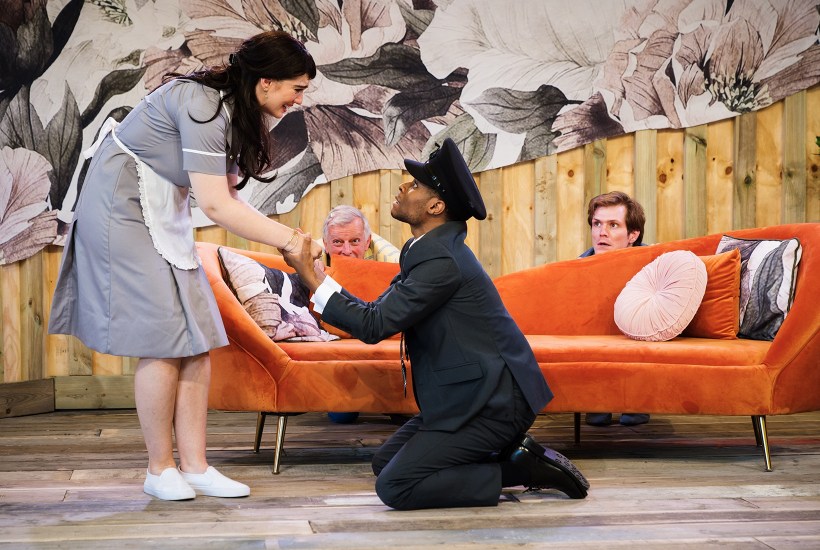
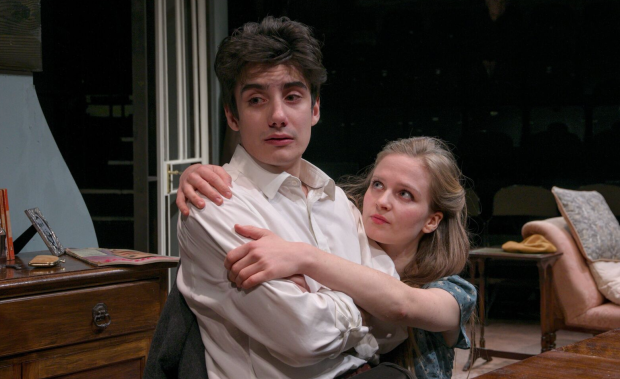
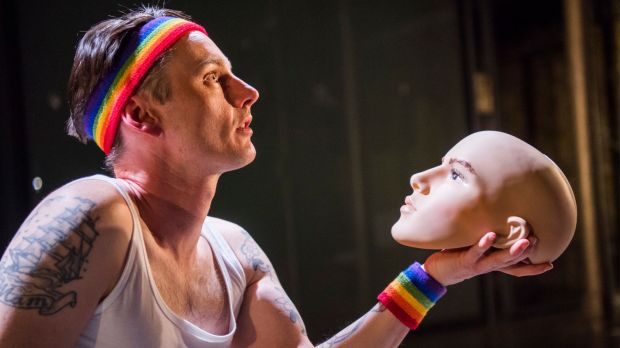
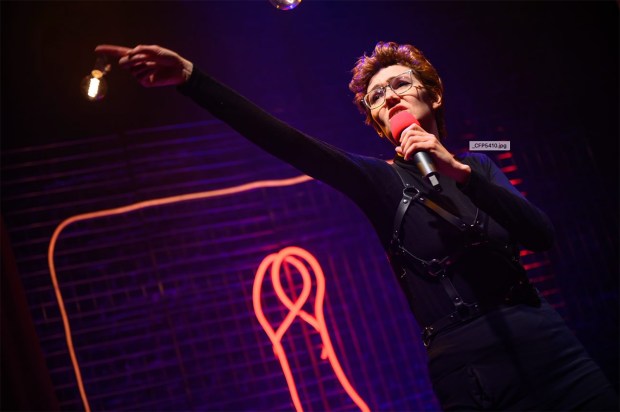
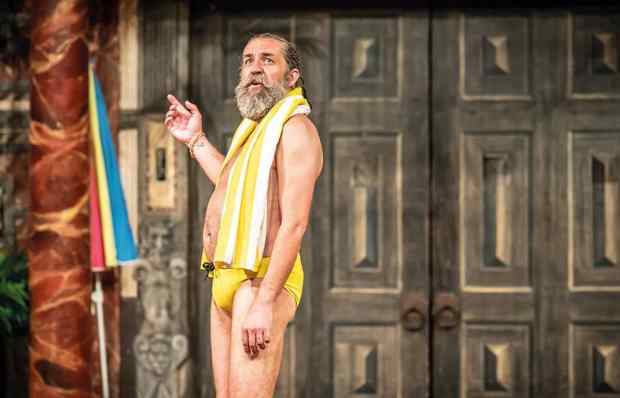
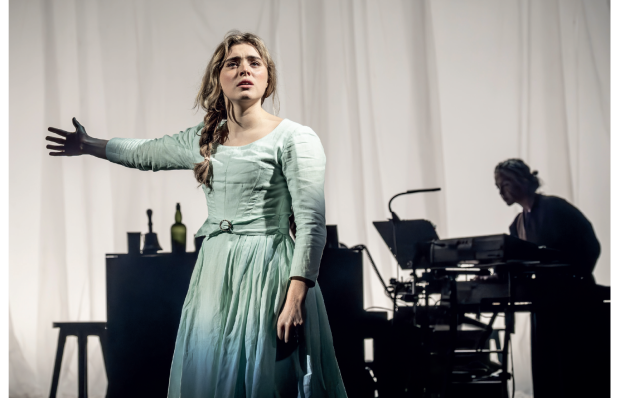







Comments
Don't miss out
Join the conversation with other Spectator Australia readers. Subscribe to leave a comment.
SUBSCRIBEAlready a subscriber? Log in